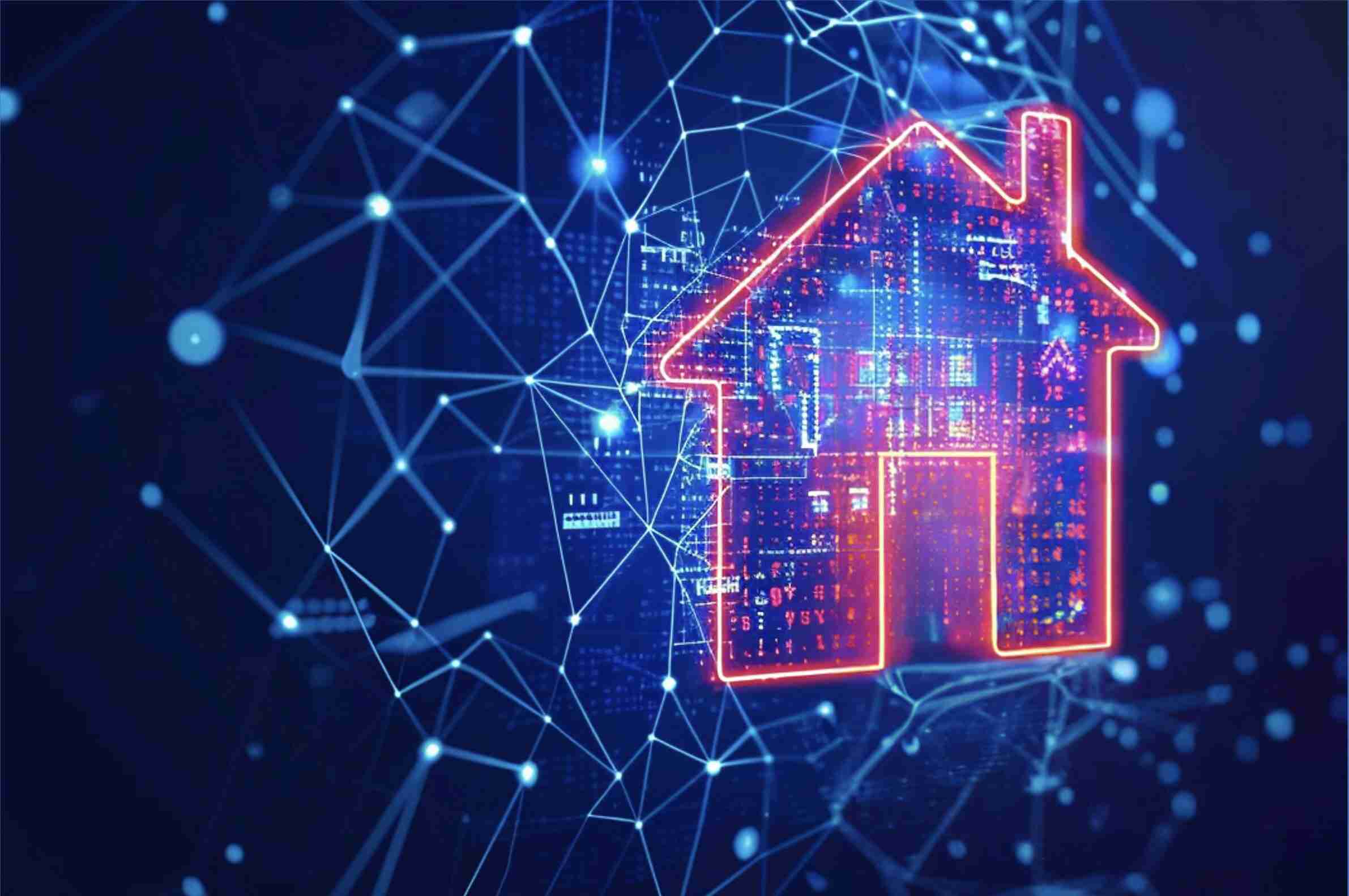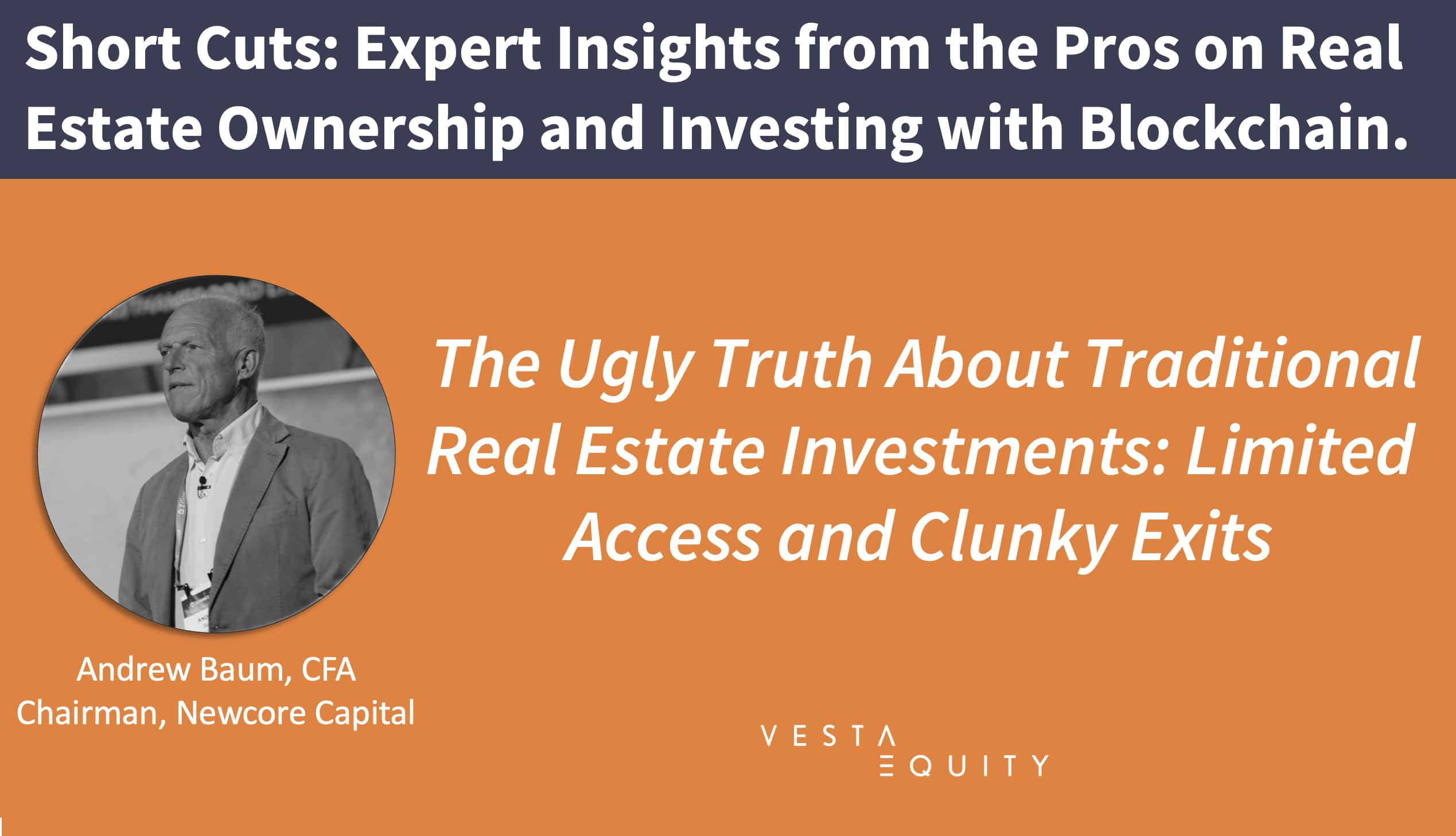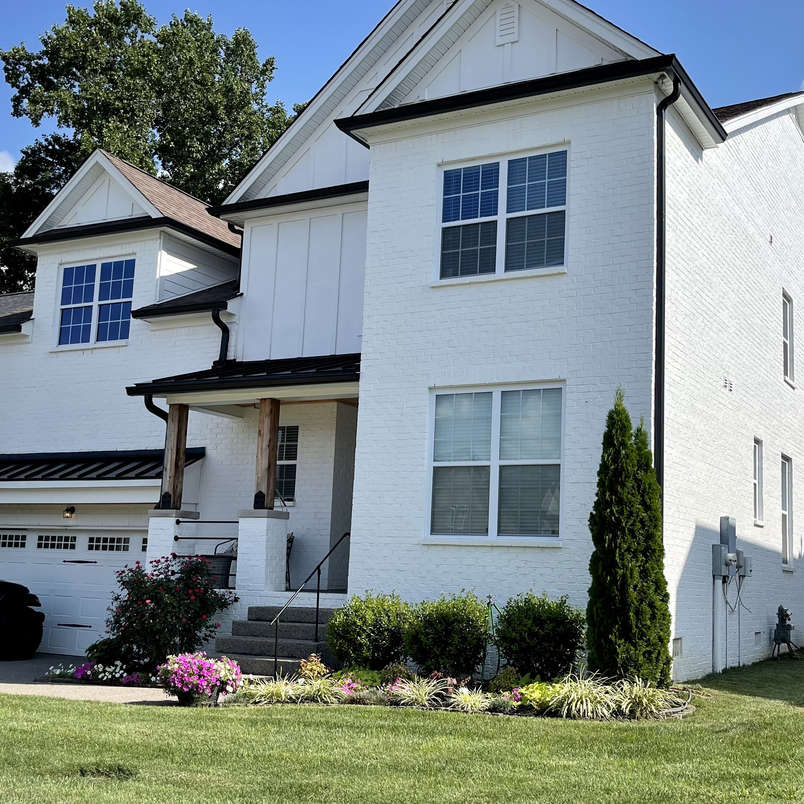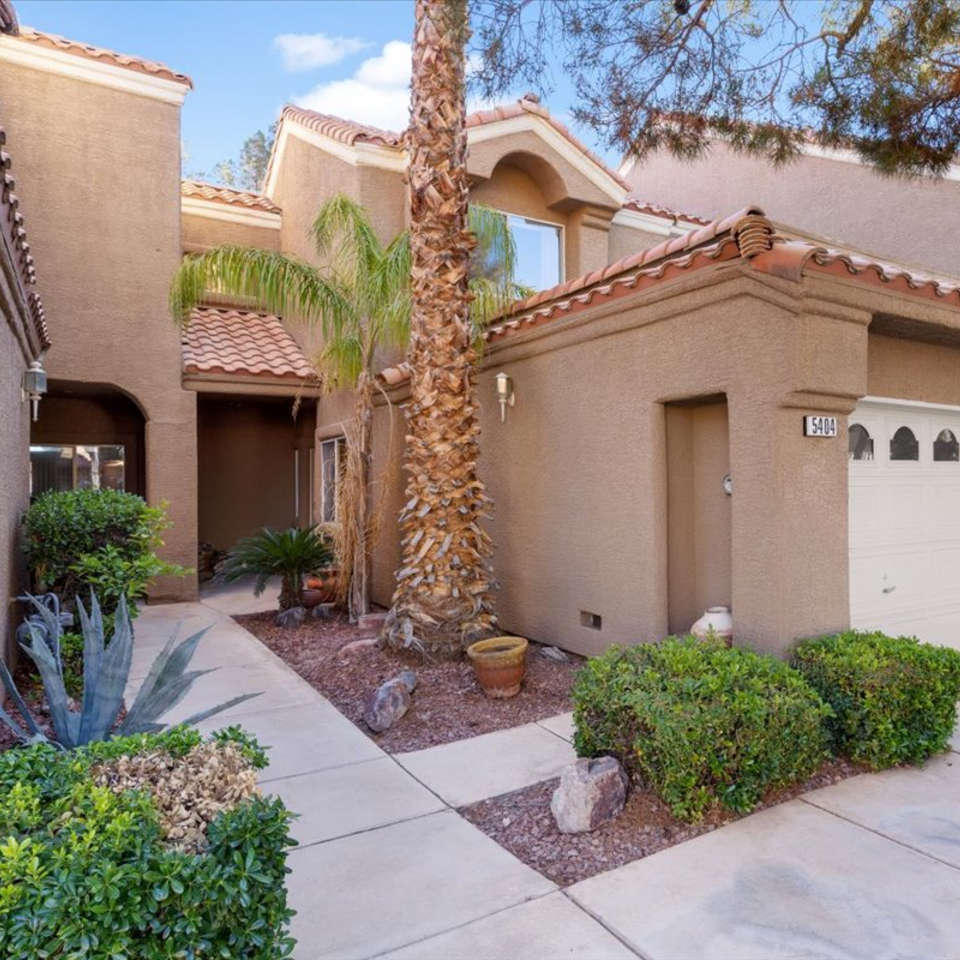Latest Content > Beyond Crypto: The Rise of Tokenized Real-World Assets
Beyond Crypto: The Rise of Tokenized Real-World Assets

The investment landscape is rapidly evolving, and while cryptocurrencies like Bitcoin and Ethereum have garnered significant attention, a new wave of investment opportunities is gaining momentum – tokenized real-world assets (RWAs). These digital tokens represent ownership in tangible assets like real estate, fine art, or even luxury goods. Unlike their volatile digital counterparts, RWAs offer stability and intrinsic value, making them an attractive option for investors seeking diversification and long-term growth.
At the forefront of this movement is tokenized real estate, a concept that's transforming the way we perceive and invest in property. Traditionally, real estate investing has been limited to those with significant capital and the ability to navigate complex transactions. Tokenization, however, is democratising this asset class by enabling fractional ownership. Instead of purchasing an entire property, investors can now buy a fraction of it through digital tokens, opening the door to a wider range of individuals and lowering the barriers to entry.
This revolutionary approach is powered by blockchain technology, which ensures transparency, security, and immutability of ownership records. Smart contracts automate many of the processes involved in real estate transactions, further reducing costs and increasing efficiency. The result is a more streamlined, accessible, and liquid market for real estate investment.
Fractional Ownership: A New Paradigm for Real Estate Investing
Fractional ownership, made possible through tokenization, is a game-changer for the real estate industry. By dividing a property into smaller, more affordable shares, it opens up a world of possibilities for investors. No longer limited by high capital requirements, individuals can now diversify their portfolios across multiple properties, mitigating risk and maximising potential returns.
Moreover, fractional ownership offers a level of liquidity that's unprecedented in the traditional real estate market. Digital tokens representing ownership shares can be easily traded on secondary markets, providing investors with greater flexibility and control over their investments. This liquidity not only benefits investors but also the overall real estate market, as it increases capital flow and encourages greater participation.
The potential for strong returns is another key attraction of fractional ownership. Investors can benefit from both property appreciation and the additional yield from decentralised finance (DeFi) mechanisms. Leveraging DeFi, investors can participate in liquidity pools, staking, lending, and borrowing to generate Annualised Percentage Returns (APRs) beyond the asset's appreciation.
Leveraging DeFi for Enhanced Returns
The integration of tokenized real estate with DeFi architectures ushers in a paradigm shift, empowering asset owners to create wealth using various financial tools without relying on traditional intermediaries. Here are some key mechanisms through which DeFi can enhance returns on tokenized real estate:
- Liquidity Pools: By providing liquidity to decentralised exchanges, investors can earn a portion of the transaction fees generated by trades. This creates an additional income stream beyond the appreciation of the real estate asset itself.
- Staking: Investors can stake their tokens in various DeFi platforms to earn rewards. Staking involves locking up tokens to support the operations of a blockchain network, and in return, investors receive additional tokens as rewards.
- Lending and Borrowing: Investors can lend their tokenized assets to others in exchange for interest or use their assets as collateral to borrow funds. This enables investors to leverage their real estate holdings to access capital for other investments, enhancing their overall return on investment.
These DeFi mechanisms are transforming the investment landscape by removing traditional financial intermediaries, reducing costs, and increasing efficiency. The decentralized nature of blockchain technology ensures that transactions are transparent, secure, and accessible to a global audience.
A New Home Equity Protocol for the Web 3 Economy
A new home equity protocol for the Web 3 economy can significantly enhance debt-free home equity access and affordability. By enabling investment alongside the homeowner, this protocol allows homeowners to access the value of their home equity without assuming large debt with the bank. Here’s how it works:
- Investment Partnerships: Instead of borrowing money from a bank and taking on significant debt, homeowners can offer fractional ownership of their home to investors. These investors purchase shares in the property, providing the homeowner with capital without the need for traditional loans.
- Shared Equity: Investors share in the appreciation of the property’s value. If the property’s value increases, both the homeowner and the investors benefit. This shared equity model aligns the interests of both parties and reduces the financial burden on homeowners.
- Affordability and Access: This protocol makes homeownership more accessible by lowering the financial barriers. Potential homeowners can secure a home without the need for large mortgages, reducing their risk and making homeownership more attainable.
- Flexibility and Liquidity: Homeowners can leverage their equity in a flexible manner, accessing funds when needed without selling the property outright. This provides greater financial stability and allows homeowners to manage their finances more effectively.
Addressing Home Affordability and Rising Consumer Household Debt
Home affordability and rising consumer household debt are significant issues that need to be addressed. In many markets, the cost of homeownership has far outpaced wage growth, making it increasingly difficult for individuals and families to afford homes. According to ATTOM's 2023 report, the national median home price increased to $351,250 in the third quarter of 2023, with homeownership costs consuming 34.6% of the average annual wage, up from 28.4% a year earlier (ATTOM).
Additionally, rising consumer household debt is a growing concern. The Federal Reserve Bank of New York reported that total household debt in the United States reached record levels in 2023, increasing financial strain on households (ATTOM). High levels of debt can limit individuals' financial flexibility and increase the risk of financial instability.
The traditional model of financing home purchases through large mortgages contributes to this debt burden. Homeowners often take on significant debt to purchase properties, leading to high monthly payments and financial stress. By offering a debt-free alternative through fractional ownership and investment partnerships, the new home equity protocol for the Web 3 economy provides a more sustainable and affordable path to homeownership.
Vesta Equity: Your Gateway to Tokenized Real Estate
Recently featured in CNBC, Vesta Equity is a leading platform that is paving the way for the widespread adoption of fractional real estate investing. By leveraging blockchain technology and smart contracts, we provide a seamless and secure platform for investors to access tokenized real estate opportunities. Our diverse portfolio features a wide range of properties, catering to different investment preferences and risk appetites. Whether you're interested in residential properties or commercial spaces, Vesta Equity offers a variety of options to diversify your investments.
Our commitment to transparency and accessibility sets us apart. We provide detailed property information, including financial performance and market analysis, empowering investors to make informed decisions. Additionally, our intuitive platform allows for easy tracking of your investments, providing real-time updates on property performance and market trends. With Vesta Equity, you have complete control over your portfolio, making it easy to adjust your strategy as needed.
We also prioritize security and compliance, ensuring that all transactions on our platform are conducted with the utmost integrity. Our rigorous due diligence process ensures that only high-quality properties are listed, and our blockchain-based infrastructure guarantees that all transactions are secure and tamper-proof.
The Future of Real Estate Investing: Tokenization and Beyond
As the world embraces the digital age, the real estate industry is not immune to technological disruption. Tokenization, combined with fractional ownership, is poised to revolutionise the way we invest in real estate, opening doors for a new generation of investors and transforming the market into a more accessible, liquid, and transparent space.
The benefits of this paradigm shift are far-reaching. For individuals, it means the opportunity to build wealth through real estate without the need for significant upfront capital or the burdens of property management. For the real estate industry as a whole, tokenization can lead to increased liquidity, reduced transaction costs, and greater market participation. It can also facilitate cross-border investments, opening up new markets and opportunities for investors and property owners alike.
Vesta Equity is committed to leading the charge in this exciting new era of real estate investing. We believe that tokenized fractional ownership, coupled with DeFi mechanisms, has the potential to democratise wealth creation and reshape the financial landscape. As we continue to innovate and expand our platform, we envision a future where real estate investment is not just for the privileged few but for everyone who aspires to build a more secure financial future.
References
- ATTOM. (2023). "Home Affordability Gets Even Tougher in Third Quarter." Retrieved from ATTOM
- ATTOM. (2023). "Home Affordability Remains Difficult Even As Prices Dip Downward." Retrieved from ATTOM
- Federal Reserve Bank of New York. (2023). "Quarterly Report on Household Debt and Credit." Retrieved from New York Fed
Investment Properties
Vesta Equity offers tokenized home equity investments through its marketplace at https://app.vestaequity.net/marketplace
Sign up to get alerts about new posts
What’s New

The Case Against Mortgage-backed Securities in a World of Residential Tokenized Home Equity Investments
In the ever-evolving landscape of finance and investment, innovation is key. Traditional financial instruments, such as Mortgage-backed securities (MBS), have long been the bedrock of the real estate market. However, in a world driven by technological advancements and financial creativity, it's time to question whether MBS still hold their relevance.
 Read Blog
Read Blog

Short Cuts: Expert Insights from the Pros on Real Estate Ownership and Investing with Blockchain
The ugly truth about traditional real estate investments: limited access and clunky exits with Andrew Baum CFA, Chairman of Newcore Capital.
 Watch Video
Watch Video


